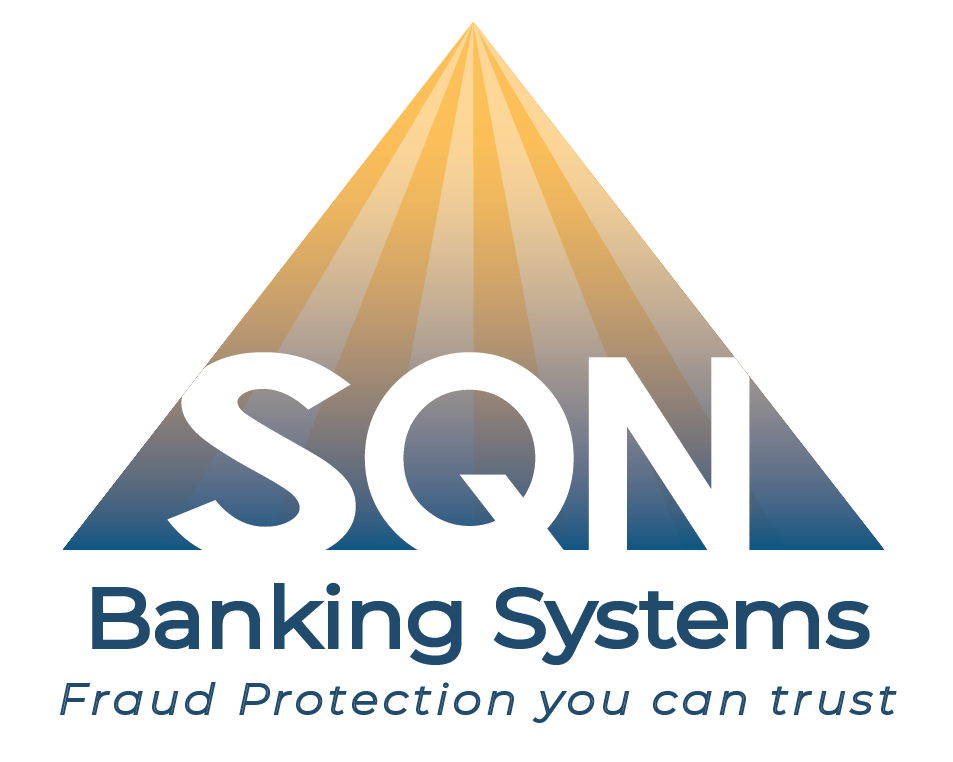Prime Bank Instrument Fraud

Over the past few years, people and businesses from around the world have lost billions of dollars in prime bank instrument scams. There are no prime bank instruments, and if someone is trying to entice your customers or employees to invest in these instruments, they are a scam artist. To protect yourself, your customers, and your financial institution, here’s what you need to know.
What Are Prime Bank Instruments?
The phrase “prime bank instruments” is meaningless. Scammers use the phrase because it sounds attractive. Prime banks are large, well-known banks, and by including those two words, fraudsters hope to disarm their victims and reduce their suspicions. The word “instrument” is a nod to financial instruments, which are traded assets.
Finding Victims
Sometimes, these scam artists reach out to potential victims through email or the post. They tell potential victims that they have an amazing investment opportunity in prime bank instruments, and they encourage investors to send them money as quickly as possible. In other cases, these thieves actually place ads on social media platforms or other websites, and they let the victims come to them.
Verbiage in Prime Bank Instrument Fraud
To keep your employees and your customers safe, let them know about these scams. Emphasize that the phrase “prime bank instrument” is always a red flag, but scam artists may also use the following words:
- Debenture
- Prime World Bank Financial Instrument
- Private Funding Project
- High Yield Trading
- Guaranteed Bank Note
- Non-Circumvention
- Roll Program
- Irrevocable Pay Orders
- Fresh-Cut Paper
- Off Balance Sheet Program
Treasury Direct has a more comprehensive list of the buzzwords popular for these scam artists. If you’re drafting a training module for employees or creating an educational newsletter to send to customers, you may want to check out.
The Anatomy of a Scam
Essentially, the scam lets victims know about a fake investment opportunity, hoping to capture investors to give thousands of dollars to the scam artist. However, instead of getting the promised high rates of return, these investors are left empty handed. Usually by that time, the scam artist is long gone.
To build trust with their victims, the scammers may claim that the instrument is issued or guaranteed by a well-known organization, such as the International Monetary Fund (IMF), the Federal Reserve, or even your community bank or credit union. Often, the fraudsters try to create an aura of exclusivity, which they do by telling potential victims that the opportunity is by invitation only or only available to people over a certain income level. To bring home that point and make the opportunity look more legitimate, the scammer may ask the victim to sign a nondisclosure agreement or fill out an application.
Reporting Prime Bank Instrument Scams
Ideally, you should encourage your customers to let you know if they have received any phishing emails pretending to be from your bank or if they have seen ads using the name of your financial institution. Your employees should also let you know if a scam artist reaches out to them — a lot of phishing emails related to investments are sent to traders or upper management employees at financial institutions.
When you hear about these scams, report them. The Federal Trade Commission has an online tool to help you report scams, and the Securities and Exchange Commission has already brought charges against some prime instrument fraudsters. In particular, Spectrum Concepts, LLC, Donald James Worswick, Michael Nicholas Grosso, and Michael Patrick Brown have been cited for running this type of scam under the guise of selling “Private Joint Venture Credit Enhancement Agreements”. In the case of the SEC v. Butts, et al., the defendant issued so-called stand-by letters of credit to entice unsuspecting people to invest.
At SQN Banking Systems, we understand how hard it can be to stay on top of the ever-changing number of scams happening in the world. To help financial institutions protect themselves in this climate, we strive to make fraud protection as easy as possible. Contact us today to learn how we can help you.
